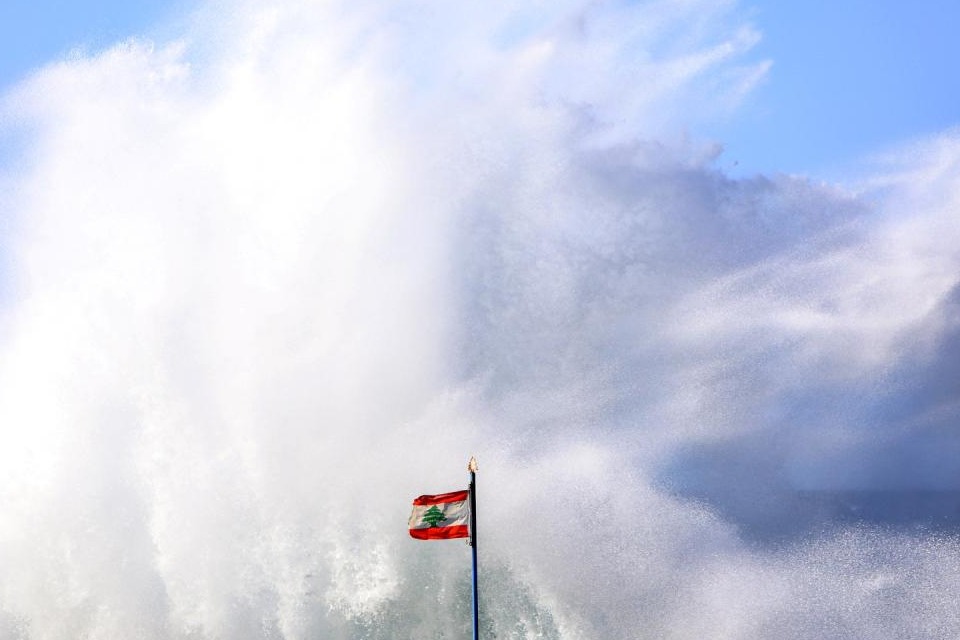The sea has long been Lebanon’s economic lifeline and its gateway to the world, through its vital ports and historic presence in maritime navigation. In a notable development, the Director General of Land and Maritime Transport, Ahmad Tamer, announced that Lebanon has advanced four ranks within the Paris Memorandum of Understanding (MoU) on Port State Control’s grey list, leaving it just one step away from entering the prestigious white list of countries with a strong maritime reputation.
According to Tamer, this progress reflects growing international confidence in vessels flying the Lebanese flag, which are increasingly respected at global ports, particularly in Europe. The achievement is credited to significant improvements in maritime inspection and auditing services, ensuring faster procedures, higher quality, and full compliance with international safety and environmental protection standards.
International Recognition of Lebanese Maritime Certificates
Lebanon’s success extends beyond improved rankings. Lebanese maritime certificates issued to seafarers are now widely recognized, allowing them to work in ports across Europe and the Gulf. This global acceptance strengthens the presence of Lebanese expertise in the international maritime sector.
Lebanon is also preparing to submit a comprehensive dossier to the International Maritime Organization (IMO) in pursuit of a global quality certification for its maritime credentials—an accomplishment that would cement its position as a serious and trustworthy maritime state.
The Importance of the Paris MoU
The Paris Memorandum of Understanding is one of the main frameworks ensuring compliance with global maritime standards. Its objectives include:
- Strengthening ship inspections at ports.
- Guaranteeing adherence to maritime safety and security requirements.
- Protecting the environment from marine pollution.
- Promoting cooperation among member states’ port authorities.
Currently, Saudi Arabia is the only Arab country listed on the white list, while Lebanon remains on the grey list alongside Egypt, Tunisia, and Morocco.
The Road Toward the White List
Maritime expert Dr. Jamal Itani told Al Safa News that Lebanon’s recent progress underscores its commitment to strengthening its maritime standing. However, he stressed that more work is needed to reach the whitelist. According to Itani, the path forward requires:
- Enhancing oversight of Lebanese-flagged vessels through upgraded inspection systems and regular personnel training.
- Investing in maritime infrastructure, such as ports and training centers, to align with European standards.
- Expanding cooperation with Paris MoU member states to ensure coordination and knowledge exchange.
- Combating corruption and bureaucracy, which undermine international confidence in Lebanese institutions.
- Launching a national maritime transport strategy that links legal reforms, skills development, and Lebanon’s strategic position as a gateway to the Middle East.
He concluded that joining the white list would not be a mere technical classification but a transformative milestone. It would strengthen Lebanon’s maritime trade, attract investments, and create new jobs, turning the sector into a driver of economic recovery at a critical juncture.
A Step Forward, but More to Be Done
Lebanon’s advancement in the 2024 Paris MoU report marks an important step toward reclaiming its historic maritime role. Yet reaching the white list will require clear political will and real investment in the maritime sector to build both trust and economic power. If reforms are carried out successfully, Lebanese ports could once again become regional hubs for trade and transit, reinforcing Lebanon’s image as a respected maritime nation on the international stage.
Please post your comments on:
[email protected]
 Politics
Politics













